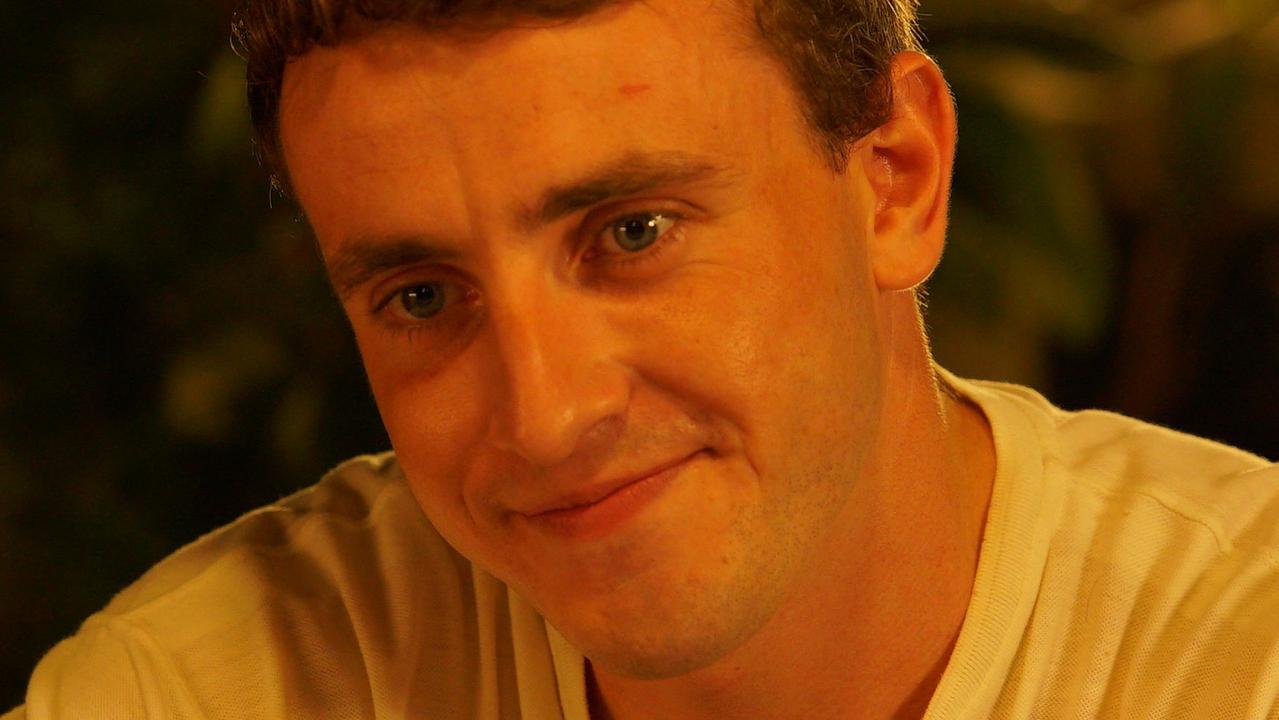Aftersun will stay with you long after the credits roll

Knowing Aftersun is a semi-autobiographical movie changes everything.
Knowing that writer and director Charlotte Wells chose to create art from a moment in her childhood changes the lens through which you watch this poignant tale.
Because if you know Wells is drawing from an experience of her life, then that memory, this moment, this film automatically has significance. The act of that choice imbues Aftersun with emotional gravity.
Remember that because the beautifully observed and sensuous Aftersun is a slow burn. Not much happens in terms of plot, and that languidness, that marinating in a vibe can sometimes feel as if, well, not much is going on.
But there is a lot happening, it’s just all under the surface. There are storms blowing through but nothing is said, nothing is done, and nothing is obvious. It’s all in the stolen glances, the blink-and-you’ll-miss-it camera pans, or a blurred image barely visible in the corner of the frame.
Aftersun is a stealthy movie because even as it lulls you into a state where you’re wondering just what is the point of the whole endeavour, it has already successfully gripped you with its unsentimental heart.
Set around the turn of the millennium, Aftersun is the story of 11-year-old Sophie (Frankie Corio) on holidays in Turkey with her dad, Calum (a note-perfect, restrained and Oscar-nominated performance by Paul Mescal).
Calum is a young father, about to turn 31 years old, and he and Sophie’s mother are no longer together. The impression is Calum and Sophie don’t see each other very often and this resort holiday is a big deal for some quality time.
Sophie befriends other kids and teens at the resort and the coming-of-age component of the story entwines with Calum’s 31st birthday. When Sophie asks her dad, “When you were 11, what did you think you’d be doing now”, she doesn’t understand how loaded the question is.
The movie cuts to the question twice, a distinct memory so significant, it bears repeating. And it anchors the emotional weight of Aftersun, which gives no concrete answers to the many questions and moods it raises.
Calum is clearly going through something he’s trying to shield from his daughter. He has these quiet moments to himself, drowning in sadness, but their incompleteness is another function of a clouded remembrance.
Calum is always just out of reach from Sophie – both in the moment and in the past.
Wells frames the story from the wordless adult Sophie’s perspective, and the distance it creates only heightens the distance between 11-year-old Sophie and her dad. That melancholia is a persuasive, highly effective choice.
Everything about Aftersun is in what’s not said, merely observed and remembered. It demands the audience engages with its characters, its story, its visuals and its feeling with both their conscious and subconscious mind, and it richly rewards those that do.
Aftersun will stay with you long after the credits.
Rating: 4/5
Aftersun is in cinemas now
Originally published as Aftersun will stay with you long after the credits roll
Share this news on your Fb,Twitter and Whatsapp
Times News Network:Latest News Headlines
Times News Network||Health||New York||USA News||Technology||World News